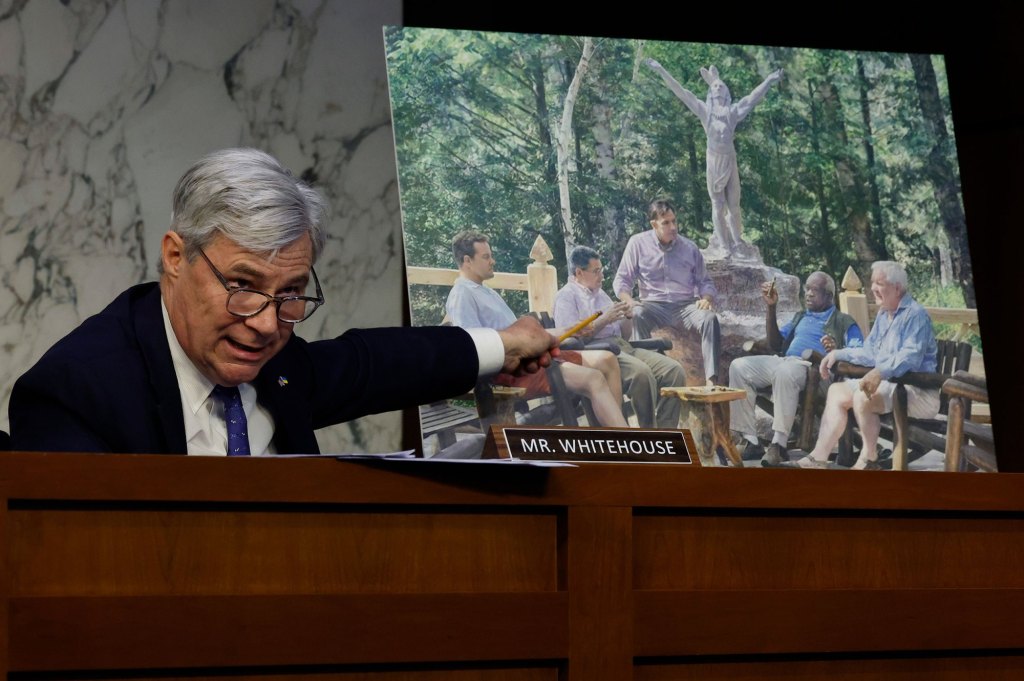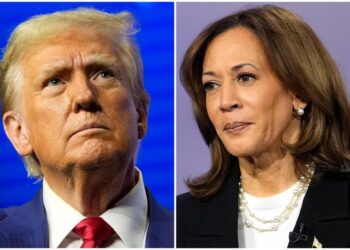By Mark Sherman | Associated Press
WASHINGTON — The Supreme Court on Monday adopted its first code of ethics, in the face of sustained criticism over undisclosed trips and gifts from wealthy benefactors to some justices, but the code lacks a means of enforcement.
The policy, agreed to by all nine justices, does not appear to impose any significant new requirements and leaves compliance entirely to each justice.
Indeed, the justices said they have long adhered to ethics standards and suggested that criticism of the court over ethics was the product of misunderstanding, rather than any missteps by the justices.
“The absence of a Code, however, has led in recent years to the misunderstanding that the Justices of this Court, unlike all other jurists in this country, regard themselves as unrestricted by any ethics rules,” the justices wrote in an unsigned statement that accompanied the code. “To dispel this misunderstanding, we are issuing this Code, which largely represents a codification of principles that we have long regarded as governing our conduct.”
The ethics issue has vexed the court for several months, over a series of stories questioning the ethical practices of the justices. Many of those stories focused on Justice Clarence Thomas and his failure to disclose travel, other hospitality and additional financial ties with wealthy conservative donors including Harlan Crow and the Koch brothers. But Justices Samuel Alito and Sonia Sotomayor also have been under scrutiny.
In September, Justice Elena Kagan acknowledged that there were disagreements among the justices over the contents of an ethics code, but did not specify what they were. The justices achieved unanimity Monday, but predictably offered no explanation for how they got there.
Liberal critics of the court were not satisfied, with one group saying the code “reads a lot more like a friendly suggestion than a binding, enforceable guideline.”
Sen. Sheldon Whitehouse, D-R.I., one of…
Read the full article here







